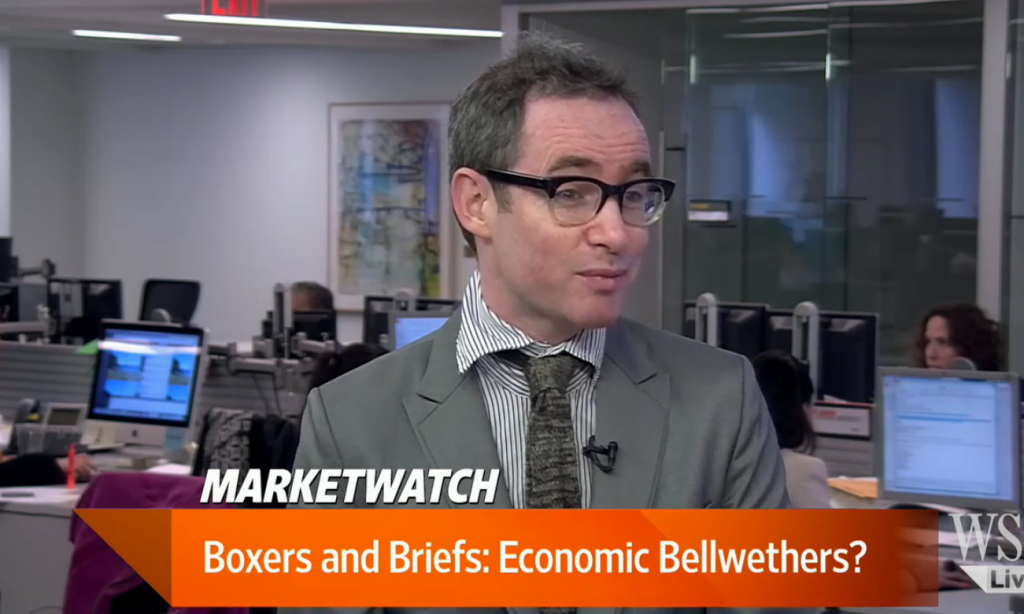This is Eugenio Velez. He’s a utilityman for the Buffalo Bisons*, the AAA affiliate of the Toronto Blue Jays. (He joined Buffalo only a couple of weeks ago, and we couldn’t find a picture of him in his Bisons digs.) Velez played for the San Francisco Giants for 4 years before joining the Los Angeles Dodgers for the 2011 season, and ended that year by stretching his streak of hitless at-bats to a major league record 46. He’s been in the minors ever since. Hopefully his slump will end one day, as ours does now. Presenting our first good Carnival of Wealth in quite some time. All it takes is one hit.
Home run, out of the gate. From Paula Pant at Afford Anything. Paula introduces us to the Diderot Effect, observing that a shiny new toy can be more trouble than it’s worth once you buy all its requisite accessories. Those adjustable digital-fit mudflaps won’t do unless you have a Mercedes-Benz G63 AMG to put them on.
PKamp3 at DQYDJ.net goes back-to-back. A dozen more like these two and we’d rule the world. He shows us the very real but rare phenomenon of lotteries with a positive expected value, which would seem to contradict the very purpose of holding a lottery. Of course, there’s more to determining whether a lottery is worth playing than adding up all the possible ticket combinations, dividing into the total of possible prizes, and coming up with a quotient > 1. You need to read this.
If you want to give to a charity but don’t know if it’s bogus, Lynn at Wallet Blog tells you how to determine a charity’s authenticity. If you then want to give to a legitimate charity but can’t decide which one, do like us and cut these folks a check.
A new entrant, James Powell at Tax Credits.net. If you live in the UK and want to know how the latest round of tax changes will affect you, James has some surprisingly candid answers from the Chancellor’s office. Even though Lady Thatcher’s dead, chances to suck at the public teat remain plentiful in the mother country.
A couple of weeks ago Darwin’s Money called Bitcoin the worst investment of all time. Harry Campbell at Your PF Pro isn’t convinced. He likes the idea of a non-traceable and non-governmental currency, but wonders if this particular one isn’t due for a bubble. (We’re more inclined to agree with Darwin, largely because Bitcoin’s founders aren’t exactly forthcoming.)
We’ve been saying for months years longer than we ever imagined that the double nadir of interest rates and home prices can’t last forever. In other words, there’s never been a better time in history to buy a house. Or houses. Ross Garner at Wallet Hub seconds that. We’ll ignore his use of the superfluous phrase “moving forward” moving forward.
Have an annuity and want a lump sum that’ll be nowhere near the time value of your money? Brad at Structured Settlement Quotes can’t wait to cut you a check for pennies on the dollar. But hey, you’ll have cash in hand and you’re now armed with PKamp3’s lottery strategy, so you can’t possibly lose. Shady businesspeople masquerading as bloggers, thanks for giving us the opportunity to bash your services week in and week out. Promise us you’ll always be there for us to make fun of.
“Give people incentive to produce by adopting a diagonal income tax system (universal flat deduction, universally applied fixed percentage on the rest.)” That’s our answer to John Kiernan at Card Hub, who asked several experts “What one policy change would you make to fix the federal deficit?” Not sure why he left us out. WARNING: This post contains a photo of Alice Rivlin.
Bryan Chau at Success Pen Pal wrote a bunch of words in a tiny font about critical thinking.
Speaking of critical thinking, that sentence shows the shortcomings of English syntax. Obviously the font wasn’t about critical thinking, so how to rearrange the sentence? “…wrote a bunch of words about critical thinking in a tiny font”? No, that has pretty much the same problem as the previous version. How about “…wrote, in a tiny font, a bunch of words about critical thinking”? Technically that one will do, but we were trying to put the spotlight on the length of the piece. That last version buries it after the secondary feature, the size of Bryan’s font. We’re putting Bryan on notice, because he’s getting close to Peter J. Buscemi territory:
[I]t is vital that people effectively analyze and evaluate data prior to finalizing on any decision. Through critical thinking and the efficient filtering of data, people could quickly determine if certain hypotheses are accurate, thus aiding in the decision-making process. This in turn would assist critical thinkers in enormous ways because they would be less likely to be manipulated because of the ability to think more independently based on the facts gathered.
In addition, critical thinking helps to enhance the rationality of decisions by raising the pattern of decision-making to the level of conscious and deliberate choice. By putting more time and thought into the decision-making process, critical thinkers consistently reflect on their thought process, thus making better decisions.
Looks like someone has an 8th-grade book report due on “critical thinking” and is still a few hundred words short.
Another one on taxes in the UK? From TaxFix, David de Souza shows one of the many differences between disclosure customs in Great Britain & Northern Ireland, and those in the United States. Some Members of Parliament don’t want their tax records made public, leaving open the question of why those MPs chose such careers in the first place. Our suggestion, making the House of Commons a volunteer organization (and the House of Representatives too, for that matter) has yet to be tabled.
How to allocate your assets in retirement? Michael at Financial Ramblings says there are psychological and financial factors to consider, and (alas) he listed them in that sequence. Forget about mindlessly adopting the 80/20 rule and be rational. Michael admits to being able to tolerate more risk than most people, a characteristic that goes hand-in-hand with his own financial success. He also uses the phrase “deplete my ‘human capital,'” which is the most depressing euphemism for aging that we’ve ever heard.
We’ve said it before. It’s almost all we ever say, in varying ways. Emotions have no place in personal finance. Save them for your relationships instead. Darwin’s Money rejects the very concept of a “dream home”. If it’s the subject of your dreams, chances are pretty good that you’re not concerned with whether it’ll impoverish you or not. Darwin wrote a sentence that we were all set to challenge, but on 2nd reading it kind of makes sense:
In most [real estate] transactions, someone gets really screwed – either the buyer or seller.
No! Capitalism is all about reaching mutually agreeable deals that benefit both parties. Otherwise they’d never make the deal, right?
Sure they would, if one party is thinking with its heart instead of its head. Someone, in real estate transactions usually the buyer, gets attached to the deal and loses (or never had any) interest in how to negotiate. Again, look at each transaction from the other party’s perspective. Only when you’ve done that should you imagine watching your kids play in the back yard, having your neighbors come over for barbecues, and borrowing a few thousand more from the lender.
Jason of Hull Financial Planning is funny, erudite, conscientious, and generous in his application of pro wrestling analogies. He also speaks fluent German. Bookmark his site, but before you do make sure you read how he changed his mind on reverse mortgages. Borrowing against the equity in your home so you can buy heart medication? It might make sense, depending on how much longer you’ve got on this planet. Bonus: includes a new euphemism for dying, “peeling the garlic.” Maybe it’s not new, but we’d never heard it before.
Andrew at 101 Centavos recommends that you step back before entering the dangerous world of retail for neophytes. Your dog bakery (excuse us, “barkery”) isn’t going to make you rich, or even solvent. If you insist on being a shopkeeper, ply your trade in something time-tested. Better yet, own the building and lease space to the merchants.
Finally, Dividend Growth Investor is one of our most consistent and thorough contributors. He (we’re assuming it’s a guy, because we’re sexist pigs) buys and holds, but not forever. What would propel him to ever sell a stock that pays him consistent and increasing income? Buyouts, overvaluation, and at least a couple more.
Thanks for reading. Same time tomorrow.
*The plural should be “Bison”. So should the name of the city itself, come to think of it.





